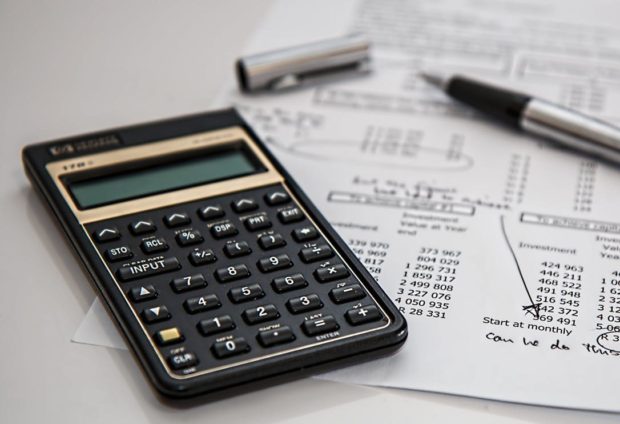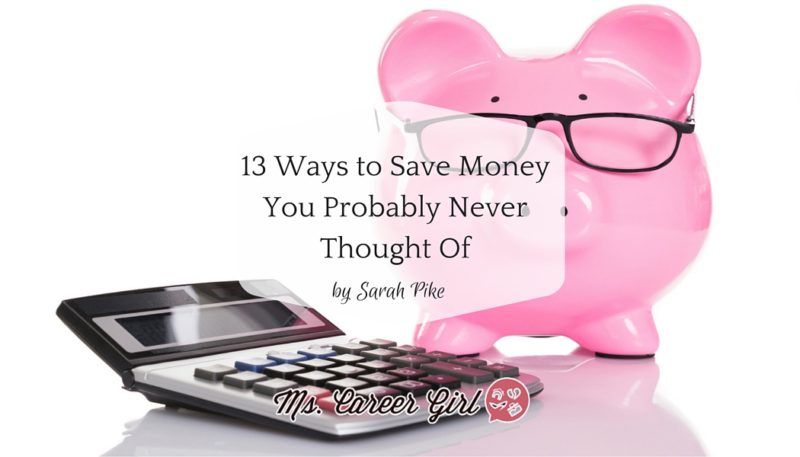How to Be in Control of Your Finances

Managing your money doesn’t have to be such a daunting task. Maybe you’re in debt, or maybe you’re just looking for ways to better save and curb spending habits. Either way, you can always learn a few tips and tricks to better manage your finances and feel as if you’re in control.
It isn’t always an easy journey, especially if you’re in debt or unemployed, but with the right mindset and dedication to the right systems, you can change your situation.
Here is a guide on how to get in control of your finances.
Change your mindset
The first step to curbing your poor financial habits is to change how you think about your situation. You don’t necessarily need to rely on conventional spending tips like sacrificing things you love to cut costs, or squeezing every penny, because these tips rely on willpower. Rather, you should just be conscious with your spending. Relying on willpower to get you to save money will often result in a relapse of your spending habits because it’s hard to stick with it and make sacrificial decisions every single day.
Eventually, you’ll give in and revert back to your usual habits. As long as you’re conscious with your spending, you don’t need to give up all the frivolities that you love so much.
Get out of debt
The biggest barrier to getting in control of your finances is debt. Not only does debt have a financial toll, since debt costs money, but it also takes a toll on you psychologically and can lead to depression and anxiety. If you’re in debt, the obvious step is to try and pay it back.
Find out the exact amount of money you owe. A recent study shows that many people don’t know how much money they owe, meaning they just end up paying the minimum payment without thinking. This is not how you get in control of your finances. Once you know how much you owe, you can come up with a plan to pay it off.
You can do this by paying the minimum amount on all your debt each month, but throwing more money at the debt with the lowest balance first so you can pay it off quickest. Or, you could pay more money towards the debt that has the highest interest rate first. Whatever method you choose, stick with it.
Get your money to work for you
If you’ve got some money that is sitting in a savings account, make sure it’s not just collecting dust. You can put it into a high-yield savings account so it can earn interest while it’s in the account.
It’s also a good idea to periodically check if your credit cards are offering enough for you. If you use your card regularly (and are paying back the balance at the end of the month) you could be earning rewards. You can review credit card offers here to see which ones are best for you.
Automate your finances
If you want to passively pay down your debt, invest on auto-pilot, and be conscious with your spending habits, the best way to do it is by automating your finances. Setting up automatic payments for your bills or automatically saving a set amount of money per month takes out the step where you have to think about it, making it more likely you will actually do it.
The important piece to remember is to first categorize your spending so that you know how much you have after all bills are paid and saving deposits are made. Check out your previous credit card statements and subtract that (plus your rent if applicable) from your paycheck. Now you have an idea of what you can spend guilt-free because you know everything else has been covered.



